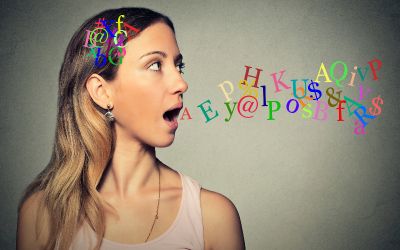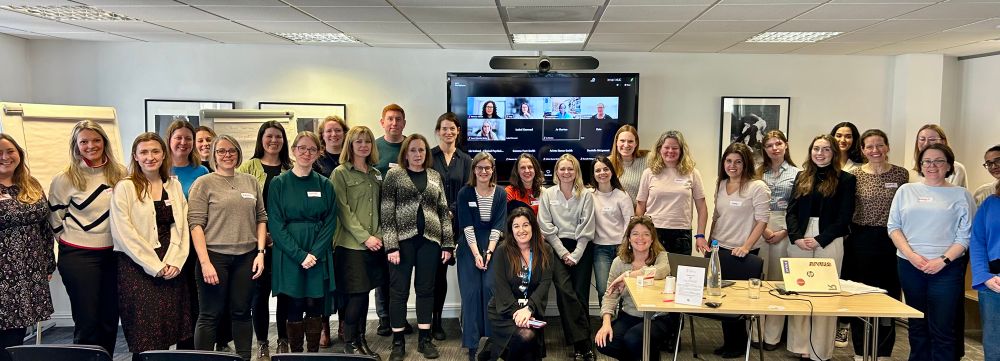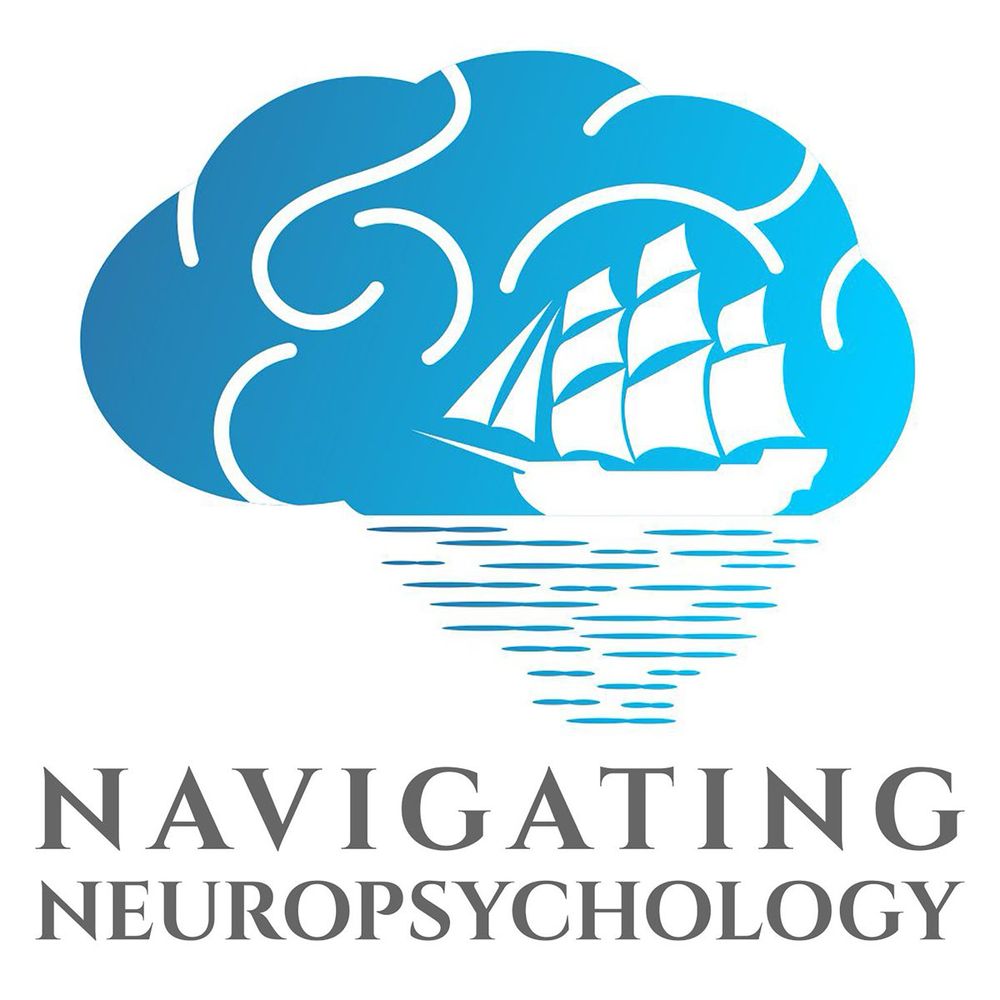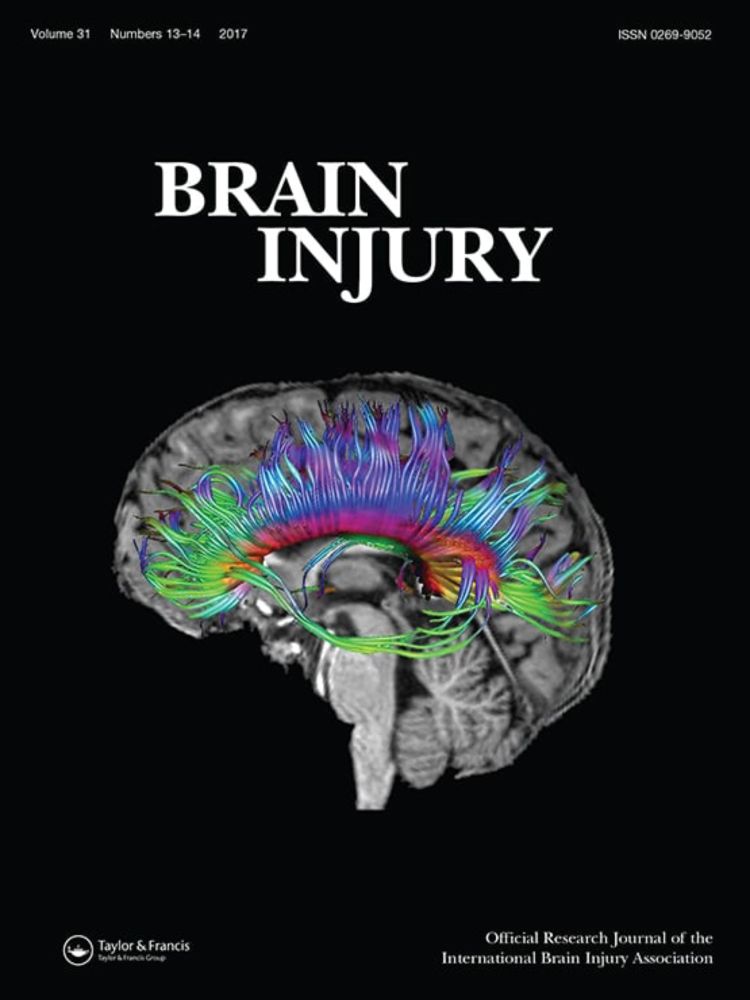🧠 Did you know that kids remember time differently than adults? Our new preprint review w/ @drjeni-mdlab.bsky.social discusses the real implications for juvenile justice & why we need to ask about timing in ways that match kids' developing brains ⚖️
Paper: osf.io/preprints/ps...

🧠 Did you know that kids remember time differently than adults? Our new preprint review w/ @drjeni-mdlab.bsky.social discusses the real implications for juvenile justice & why we need to ask about timing in ways that match kids' developing brains ⚖️
Paper: osf.io/preprints/ps...
#MetabolicPsychiatry #Interoception #Depression

#MetabolicPsychiatry #Interoception #Depression


www.bbc.co.uk/news/article...

www.bbc.co.uk/news/article...
tinyurl.com/ycxny6uh
Lead PI, Charlotte Malcolm at GOSH
In CMS the ability to speak is lost for period & then returns, here the team now show consistent long-term cognitive impairments


tinyurl.com/ycxny6uh
Lead PI, Charlotte Malcolm at GOSH
In CMS the ability to speak is lost for period & then returns, here the team now show consistent long-term cognitive impairments
Check out this recent INS Award Paper by Marshall et al., @ShannonScratch to learn more about this innovative, educational tool for teachers! #openaccess
🔗 buff.ly/3xH7jVc

Check out this recent INS Award Paper by Marshall et al., @ShannonScratch to learn more about this innovative, educational tool for teachers! #openaccess
🔗 buff.ly/3xH7jVc
Come chat with other trainees and SIG members about:
⏬goals for training
⏬barriers
⏬opportunities to contribute ideas to future SIG initiatives!
🌎USA/CANADA
📅9/17/25
⏰6 PM EST
🌏AUSTRALIA
📅9/18
8 AM AEST
🌍UK
📅9/17
⏰11 PM BST

Come chat with other trainees and SIG members about:
⏬goals for training
⏬barriers
⏬opportunities to contribute ideas to future SIG initiatives!
🌎USA/CANADA
📅9/17/25
⏰6 PM EST
🌏AUSTRALIA
📅9/18
8 AM AEST
🌍UK
📅9/17
⏰11 PM BST

I just submitted this video to the Nikon Small World in Motion competition. Today is the last day to upload yours! 😉
🧪


Thanks so much to the wonderful team from King’s College Hospital for hosting!
#NeuropsychRehabSIG #learningtogether

Thanks so much to the wonderful team from King’s College Hospital for hosting!
#NeuropsychRehabSIG #learningtogether

"Brain dynamics during architectural experience: prefrontal and hippocampal regions track aesthetics and spatial complexity"
Led by Lara Gregorians with co-authors, Zita Patai, Pablo Fernandez Velasco & Fiona Zisch.
www.biorxiv.org/content/10.1...
#neuroskyence

"Brain dynamics during architectural experience: prefrontal and hippocampal regions track aesthetics and spatial complexity"
Led by Lara Gregorians with co-authors, Zita Patai, Pablo Fernandez Velasco & Fiona Zisch.
www.biorxiv.org/content/10.1...
#neuroskyence
From:
Super-resolution imaging of fast morphological dynamics of neurons in behaving animals
www.nature.com/articles/s41...

From:
Super-resolution imaging of fast morphological dynamics of neurons in behaving animals
www.nature.com/articles/s41...
Tomorrow we discuss the comma in ‘God rest you merry, gentlemen’.
Sleep well ahead of this exciting annual event.
Tomorrow we discuss the comma in ‘God rest you merry, gentlemen’.
Sleep well ahead of this exciting annual event.
www.tandfonline.com/doi/full/10....

www.tandfonline.com/doi/full/10....
Poor performance on a cognitive battery & progression to MCI/dementia are more predictive of driving cessation than are Alzheimer's biomarkers.
Summary: www.nia.nih.gov/news/cogniti...
#medsky #geronsky

We show brain patterns for self are reflected brain-to-brain in those of our peers & are influenced by self-evaluative attitudes
www.nature.com/articles/s44...

We show brain patterns for self are reflected brain-to-brain in those of our peers & are influenced by self-evaluative attitudes
www.nature.com/articles/s44...

